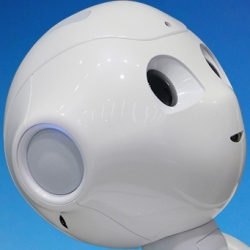
Scientists have developed AI that can predict court decisions better than legal scholars, even with less information. Researchers, including those from The Stanford Centre for Legal Informatics, used the US Supreme Court Database, which contains information on cases dating back to 1791.
Using this, they built an algorithm for predicting any justice’s vote at any time. Researchers drew on 16 features of each vote, including the justice, the term, the issue, and the court of origin. They also added other factors, such as whether oral arguments were heard.
For each year from 1816 to 2015, the team created a machine-learning statistical model. It looked at all prior years and found associations between case features and decision outcomes.
Decision outcomes included whether the court reversed a lower court’s decision and how each justice voted. The model then looked at the features of each case for that year and predicted decision outcomes.
Finally, the algorithm was fed information about the outcomes, which allowed it to update its strategy and move on to the next year. The algorithm correctly predicted 70.2 per cent of the court’s 28,000 decisions and 71.9 per cent of the justices’ 240,000 votes, according to the study published in the journal PLOS ONE.
Even knowledgeable legal experts are only about 66 per cent accurate at predicting cases, researchers said.
“Every time we’ve kept score, it hasn’t been a terribly pretty picture for humans,” Daniel Katz, a law professor at Illinois Institute of Technology in Chicago, was quoted as saying by the ‘Science’.
The new algorithm could be used by investors to bet on companies that might benefit from a likely ruling. Appellants could also decide whether to take a case to the Supreme Court based on their chances of winning.
